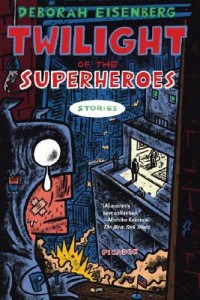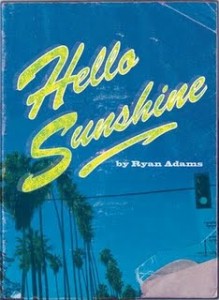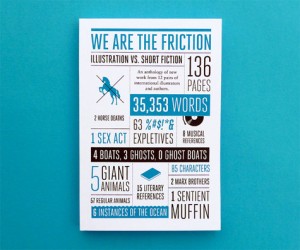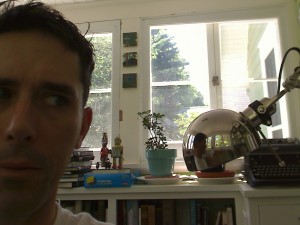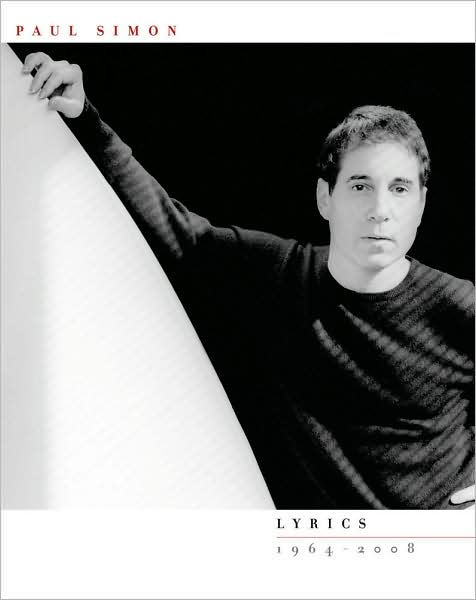why the genius grants are, well, ingenious
by Celeste Ng
Yesterday the John D. and Catherine T. MacArthur Foundation announced the 20 recipients for the 2009 Fellowships–popularly known as the “Genius” Grants. Each of the fellows learned in a single phone call that they will receive $500,000 with no strings attached. This year’s crop includes two fiction writers, novelist Edwidge Danticat and short story writer Deborah Eisenberg. Two things about this: First, the program’s stated mission is “to enable recipients to exercise their own creative instincts for the benefit of human society.” So as a fiction writer, I find it empowering that the MacArthur Foundation believes writers can benefit society […]

